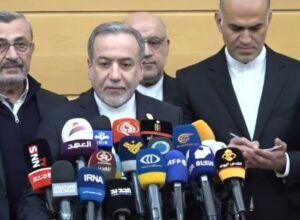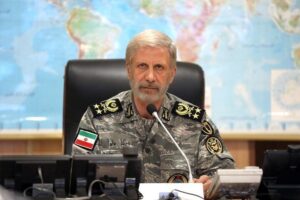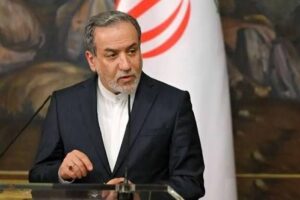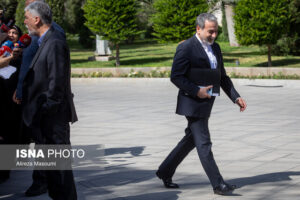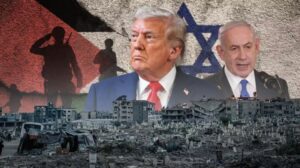Iran’s Ambassador in Colombo Alireza Delkhosh said on Friday that the foreign minister’s warning comes in official correspondence sent to his counterparts in Sri Lanka and the Maldives, Press TV reported.
Araghchi called on his Sri Lankan and Maldivian counterparts to take serious stance in opposition to the US-West sanctions after United Nations on September 28 confirmed the reactivation of “snapback” sanctions against Iran — 10 years after they were lifted in a landmark international deal over Tehran’s nuclear program.
The diplomatic outreach comes after the UN Security Council failed to adopt a resolution to extend Resolution 2231 by six months, following the formal invocation of the “snapback mechanism” last month by France, Britain, and Germany, the original signatories to the Joint Comprehensive Plan of Action (JCPOA).
The UN sanctions will again freeze Iranian assets abroad, halt arms deals with the Islamic Republic and target the country’s defensive missile program.
Iran, as well as Russia and China, the other two signatories to the 2015 nuclear deal, maintain that the mechanism is politically motivated and has no legal basis under international law.
Delkhosh said the message urged governments to resist pressure from Western powers and warned that international law has become a plaything for the United States.
This decision, taken with Western countries, is “very dangerous” for international law and can lead to long-term consequences for all countries in the world, he added.
The ambassador said the minister warned, “Today Iran is the target, tomorrow it may be South Asian countries and the day after African states.”
Araghchi told his two South Asian counterparts that the latest sanctions can undermine international regulations and lead to their inefficiency.
“This moment is a critical test for the credibility of international law,” the minister wrote, according to the envoy.
Araghchi told his counterparts that smaller countries can play an important role in defending international neutrality and preventing powerful countries from taking actions without consequences.
Iran’s position is anchored in UN Security Council Resolution 2231, which endorsed the 2015 nuclear agreement and formally lifted earlier sanctions on Tehran’s nuclear program. Iranian officials stress that the resolution established a clear, time‑bound framework under which all nuclear‑related restrictions are set to expire permanently on October 18, 2025.

